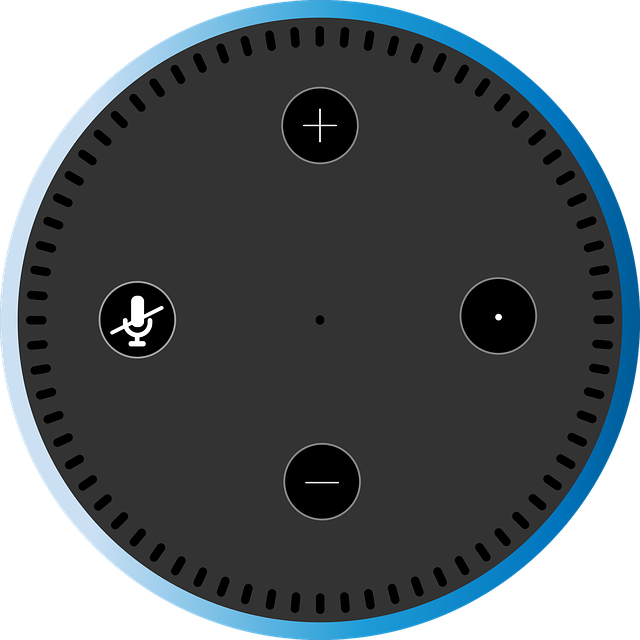 Someone recently wrote to us expressing concerns about the use of smart-speaker devices such as Amazon’s Echo or Google Home in a Christian home. Is it true that these devices are pre-programmed with a non-Christian worldview that can describe Buddha but not Jesus Christ?
Someone recently wrote to us expressing concerns about the use of smart-speaker devices such as Amazon’s Echo or Google Home in a Christian home. Is it true that these devices are pre-programmed with a non-Christian worldview that can describe Buddha but not Jesus Christ?
Since the advent of smart-speaker devices several years ago, there have indeed been some worrisome events that caused Christians to take a second look at the idea of harboring a form of artificial intelligence in their home that was preprogrammed with a secular worldview.
For example, in 2017, Steven Crowder, host of the popular YouTube channel, Louder with Crowder, posted a video in which Echo’s voice assistant, Alexis, defined Jesus Christ as a fictional character. The video went viral, garnering some 900,000 views, and although he was later accused of doctoring the video, other people have come forward with the same alarming observations.
For example, last year, David Sams, the CEO of KeepTheFaith Radio Networks, had a similar experience when he asked his Google Home device, “Who is Jesus,” and the device answered, “Sorry, I don’t know how to help with that.” The video also went viral and was viewed about 32,000 times.
“It’s kinda scary, it’s almost like Google has taken Jesus and God out of smart audio,” Sams told FOX 17 Nashville.
Other Google Home users reported that their devices could describe Satan, Muhammed, and Buddha but not Jesus Christ.
Google chose to respond to the uproar, and told Religion News Service that the reason the Google Assistant didn’t respond with information about Jesus or who He is was out of respect more than disrespect.
“Some of the Assistant’s spoken responses come from the web, and for certain topics, this content can be more vulnerable to vandalism and spam. If our systems detect such circumstances, the Assistant might not reply. If similar vulnerabilities were detected for other questions – including those about other religious leaders – the Assistant also wouldn’t respond.”
For a time, Google temporarily disabled responses for religious figures while it was “exploring different solutions” to the problem.
In addition to many noteworthy privacy concerns about these devices and what they do with the personal data they collect, having a pre-programmed secular voice assistant around a house full of children can indeed be problematic, particularly when it comes to maintaining a Christian worldview. For example, when Alexa is asked how many genders there are, she tells users that aside from the main genders of male and female “there are many other categories that exist because gender identity is complex and personal . . .” This might be in keeping what the kids are learning in public school these days, but it’s definitely not part of the Christian belief system.
So the answer to the question – should Christians trust Alexa – is a resounding “No!”
Does this mean Christians can’t have a smart speaker in their home? Again, the answer is a resounding “No!”
These devices not only come with parental controls, but feature “skills” and “apps” that allow users to program their devices to their liking. For example, Alexa has more than a dozen Catholic apps such as News of the Day from EWTN, Saint of the Day from Franciscan Media, Catholic Flash and Catholic Facts which offer sound teachings, as well as a Rosary and Prayers app.
Other denominations have similar apps, such as the Church of England which has an app that gives believers everything from explanations of Christian beliefs and prayers to information about local church events and services.
The bottom line is that there is no need for Christians to shun the latest technology, but they do need to get smart about it and learn how to enable their devices to ensure that the life and teachings of Jesus Christ remain at the heart of their home.
© All Rights Reserved, Living His Life Abundantly®/Women of Grace® http://www.womenofgrace.com









